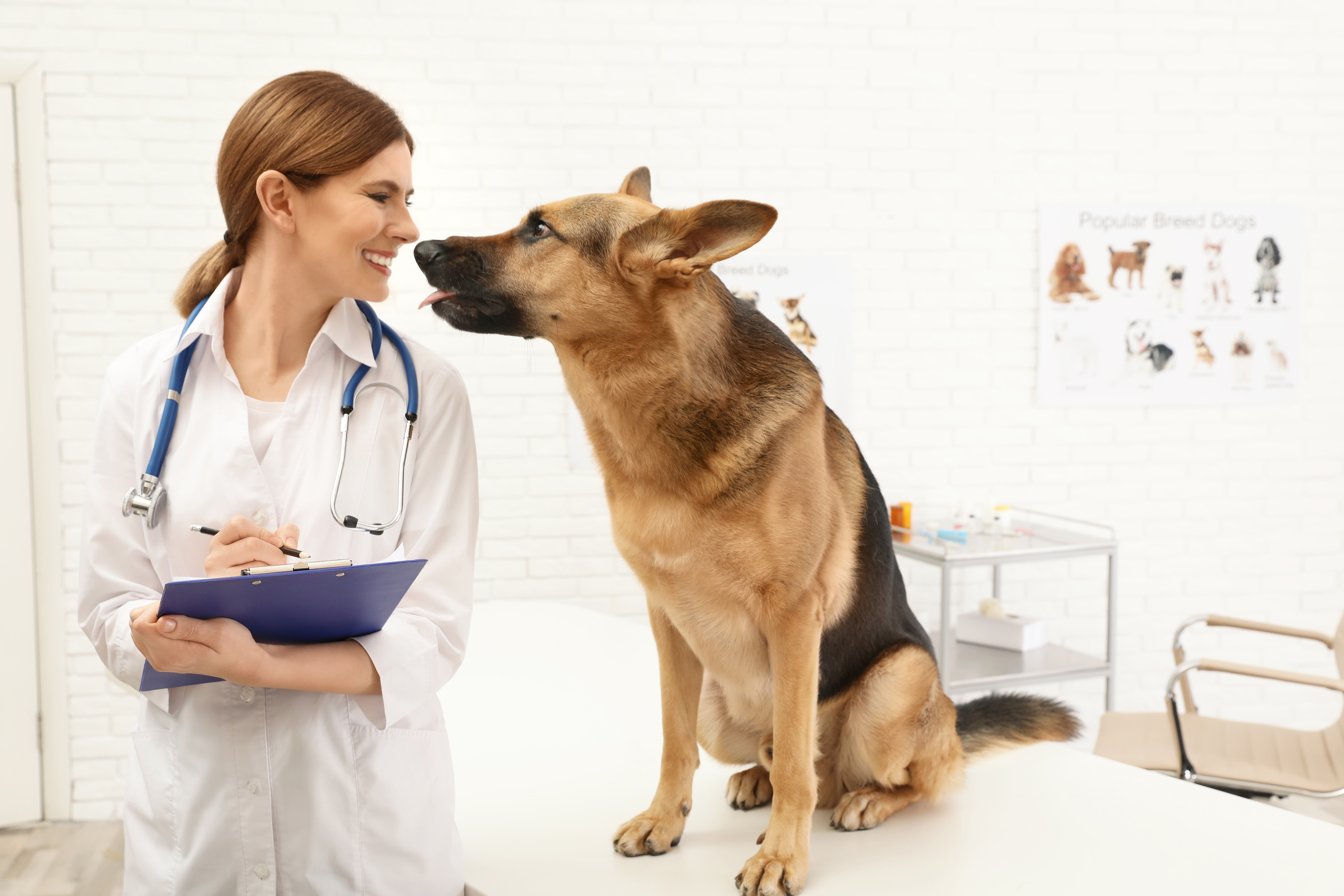How a Virtual Vet Appointment Works

Wellness visits are as important for your pet as they are for you. Pet wellness visits allow your pet's health to be tracked over time, so it's easier to catch a problem in its early stages. Wellness visits also provide you with essential information on how to care for your pet. You may also need an occasional visit if your pet develops any unusual symptoms. When an in-person veterinary visit isn't convenient for you or your pet, a virtual pet examination is a great option. By engaging in a virtual visit first, you can save time and perhaps save the price of an emergency room trip for your pet. EquiVet offers virtual vet appointments at times that are convenient for your busy schedule. Read on to learn more about what to expect during your virtual vet appointments.
Discussion About Nutrition and Elimination
During a virtual vet appointment, the veterinarian will discuss your pet's eating and elimination habits. Many pet owners get frustrated by pets who practically inhale their food and then vomit it back up. Some pets whine all day for more food, and their owners wonder if they're underfeeding or overfeeding their pets. Proper nutrition is critical to your pet's well-being. Some dietary and drinking habits can also be symptoms of serious health conditions in your pet. For example, if your pet has excessive thirst, this is a sign of diabetes.[1] The veterinarian will discuss the type and quantity of food your pet eats and when they eat it. You'll also be asked questions about your pet's bowel movements, including the frequency and appearance.
Head-to-Paw Inspection
Another part of your pet's virtual vet appointment involves a head-to-paw inspection. Veterinarians can often tell if your pet has an allergy, a flea infestation, or a nutritional problem by the thickness, sheen, and texture of their coat. For example, a dull coat on your dog suggests that they have a nutritional deficiency.[2] Matted fur, a sign of under grooming, could result from your pet being sick, having arthritis, or experiencing tooth decay or gum disease. You may be asked to move your pet in front of the camera so that the vet can see their belly, under their tail, and each of their paws. You may also be asked to lift their lips, which will allow the vet to see your pet's gums and teeth.
Vital Signs
The EquiVet veterinarian may ask you to check and report your pet's vital signs. You may be asked to get your pet's weight and pulse. If you don't have a scale for this, the veterinarian may ask you to measure around your pet's belly and measure its length from snout to tail or rump. If your pet recently had blood tests, the veterinarian may discuss those results with you. If you've noticed rapid breathing, excessive panting, more salivation, or other unusual vital signs from your pet, be sure to bring these up during the virtual vet appointment. Any major changes in vital signs, especially in an elderly pet, may warrant some additional tests or screenings to rule out certain conditions, such as thyroid disease or diabetes.[3]
Behavior Discussion
During your virtual vet appointment, the EquiVet veterinarian will ask about your pet's behavior. Over time, indoor pets can get bored. Out of boredom, they may develop undesirable behaviors, such as scratching furniture or chewing shoes. Some pets may start improperly eliminating their waste. Sick or bored pets may over groom or frequently scratch.[4] The veterinarian can give you some tips on encouraging good behavior and distracting your pet from bad behavior.
Along with vaccines for your pet, wellness exams help you provide your family pet with the best possible care. These exams go a long way in helping your pet live a healthy and long life. To learn more about virtual vet appointments or to schedule an appointment, contact us at EquiVet today.
References:
[1] https://www.everydayhealth.com/pictures/signs-your-pet-may-have-diabetes/#:~:text=As%20with%20humans%2C%20increased%20thirst,the%20fluids%20lost%20through%20urination
[2] https://pawversity.com/health/what-does-your-pets-fur-say-about-his-health
[3] https://work.chron.com/vet-during-routine-checkup-10729.html
[4] https://www.akc.org/expert-advice/training/bored-dogs-how-to-recognize-doggy-boredom-and-help/


